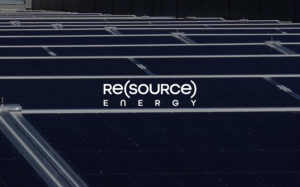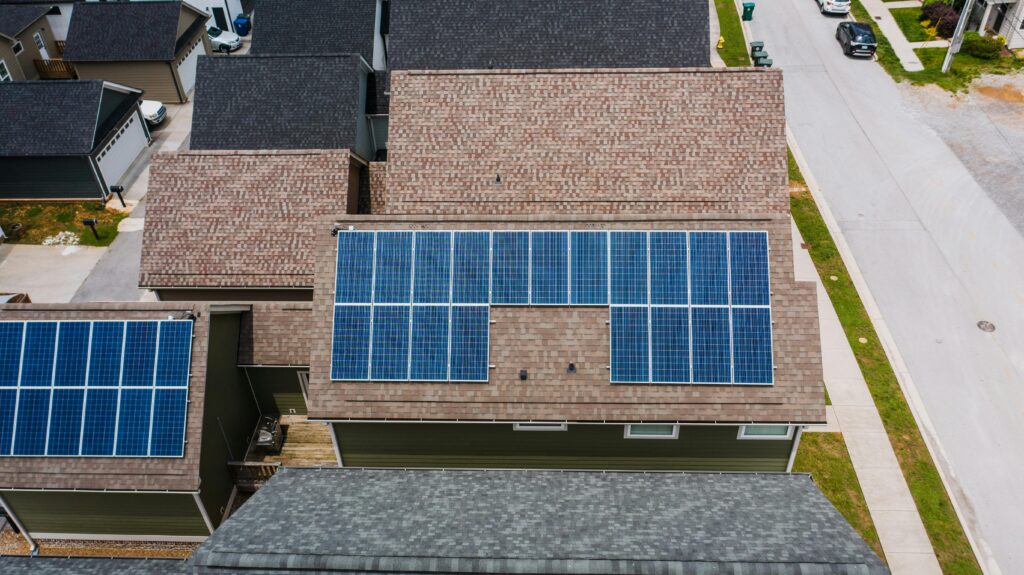You have two main options when it comes to your solar PV system’s carbon credits.
You can either keep or sell them.
Keep Your Carbon Credits
Giving up ownership of your system’s carbon offsets means the buyer pays you to reduce carbon dioxide emissions on the electric grid. You are basically selling the environmental impact your solar creates so another party can say they are reducing emissions using your solar panels.
If you want to keep your claim to the emissions your solar PV system reduces, you will probably want to keep your offsets.
Sell Your Carbon Credits
You can work with an carbon offset developer like Re(source) Energy to register and sell your carbon credits.
Re(source) will add your solar panels to the Alberta Carbon Registry so your solar PV system will create offset credits for a 10 year term. Re(source) takes care of quantifying and serializing your offsets and will issue annual payments to you in exchange for 25 percent of the revenue from the carbon credits your system creates.
We expect the Alberta offset credit market price to increase over the next 7 years because of the mandated carbon pricing schedule. An average Alberta residential solar size of 7.5 kW will reduce about 36-43 tonnes of carbon between 2024 to 2032 at 4-4.8 tonnes per year.
The federal and provincial carbon pricing schedule in Canada:
(Minimum Carbon Price $ CAD/tonne CO2e for each year)
2023: $65
2024: $80
2025: $95
2026: $110
2027: $125
2028: $140
2029: $155
2030: $170
Who Should Sell Their Carbon Credits?
People who want to improve the financial savings created by their investment in solar panels.
Although solar panels do tend to yield very reasonable paybacks in the range of 7-12 years, selling your carbon credits can reduce payback time by 2-3 years or more.
How much would I make by selling my solar carbon credits through Re(source)?
The average sized (7.5 kW) solar installation in Alberta will earn the following in carbon credit payments over the next nine years:
2024: $218
2025: $261
2026: $303
2027: $344
2028: $385
2029: $426
2030: $466
2031: $464
2032: $462
Grants and Rebates
Some grant programs and rebates provide a one time payment to homeowners that install solar panels in exchange for ownership of their carbon credits indefinitely. See our Learn Page for a full list of grants.
For example, in the Change Homes For Climate Terms and Conditions, the City of Edmonton gets ownership of your carbon credits indefinitely if you choose to accept the solar rebate.
“The Applicant agrees to [indefinitely] convey ownership to the City of Edmonton, or its successors, all environmental attributes and environmental products that are created or otherwise arise from this project in any jurisdiction, including but not limited to renewable energy certificates, solar renewable energy certificates, or carbon offset credits.”
For reference, a 7.2 kW solar array would be eligible for a rebate of $2,880 from the Change Homes For Climate program. We expect that carbon credit sales would add up to the grant amount in year 9 of electricity production. Depending on the size of the solar system, this threshold point often happens between year 7 and 10.
What happens to my carbon credits if I accept the Greener Homes Solar Grant?
Nothing! The Greener Homes Grant is a no-strings-attached grant, meaning that you retain your carbon credits.
Still not sure what you should do with your solar carbon credits? Contact us:





